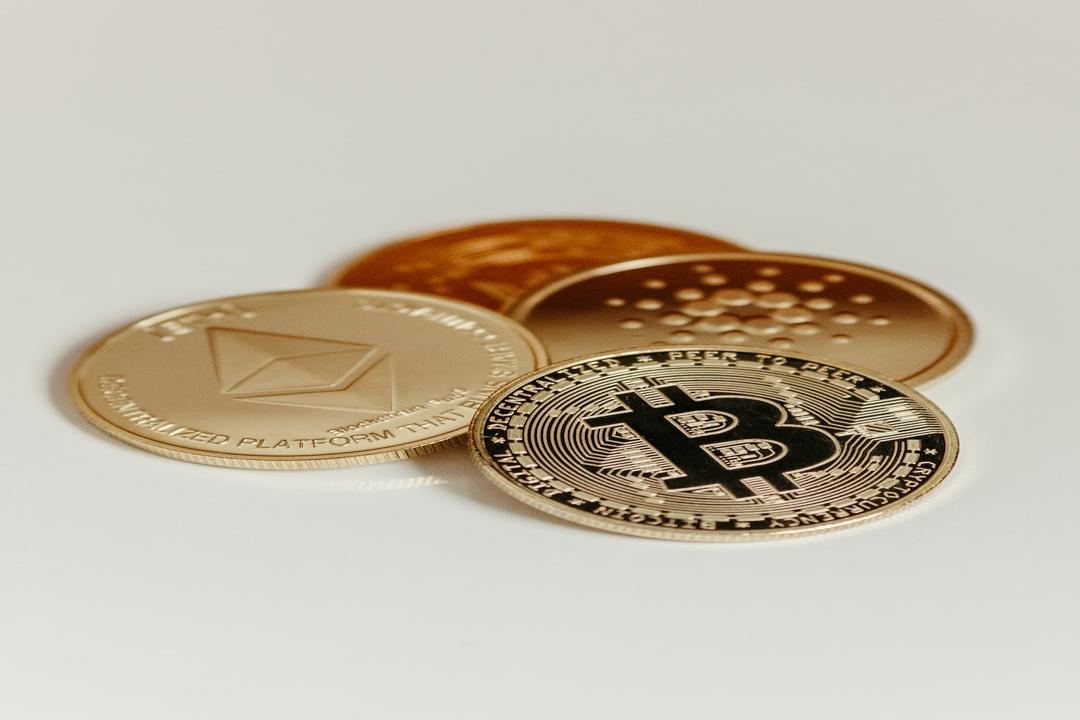In the realm of cryptocurrencies, users often believe that they can protect themselves from malicious individuals by taking precautions and avoiding suspicious links. However, one investor recently shared his unfortunate experience of losing over $100,000 in funds, despite his best efforts to safeguard his assets.
Matthias Mende, co-founder of the Dubai Blockchain Center and founder of the social verification project Bonuz, narrated his story to Cointelegraph. He reported that on June 25, he discovered the loss of his crypto assets, as well as his Solana Name Service (SNS) domains, “mende.sol” and “bonuz.sol.” Mende took the opportunity to warn his followers about the presence of bad actors in the crypto space.
Mende was perplexed as to how his security had been compromised. He assured that he had implemented high-security measures and had refrained from clicking on any suspicious links. Additionally, he emphasized that he did not store his seed phrases digitally.
The investor explained that he had participated in a token presale for Solana (SOL) and felt confident about his investment. However, a few days later, he discovered that his wallet had been emptied. Initially, the hacker sent out 320 SOL tokens, equivalent to approximately $46,000.
However, upon realizing that there were other tokens in the wallet, the attacker sent back some SOL tokens to serve as gas fees and proceeded to drain the entire wallet. The estimated value of the losses amounted to $100,000.
Mende expressed his devastation upon realizing that his funds were gone. Nevertheless, he chose to focus on the present and do what he could to address the situation. The incident was particularly shocking to Mende, given his longstanding dedication to Web3 security. In 2023, he had introduced Bonuz as a blockchain-based solution to combat social identity theft, as part of his social media identity verification project.
“I did not click any suspicious links. I did not connect my wallet to any questionable sources, as I prioritize security. I even used the Brave browser,” Mende stated.
In response to the incident, Mende promptly reported it to Dubai’s cybercrime unit to ensure that the crypto exchanges could freeze the funds once they were transferred to their platforms. He also mentioned that he is working with forensic experts to track down the perpetrator, though their identity remains unknown.
Moreover, Mende appealed to the hackers to return the funds, warning them of potential legal consequences. He posted on X, “This money will always be traced and will always be recovered. That’s the power of blockchain. Please return the money within two days, and I will forgive you and refrain from taking legal action.” Unfortunately, the hacker did not respond to the plea.
In conclusion, this incident serves as a reminder that even with the best security measures in place, individuals in the crypto space are not entirely immune to the actions of malicious actors. It highlights the importance of continued vigilance and the need for enhanced measures to protect one’s assets in the ever-evolving world of cryptocurrencies.

